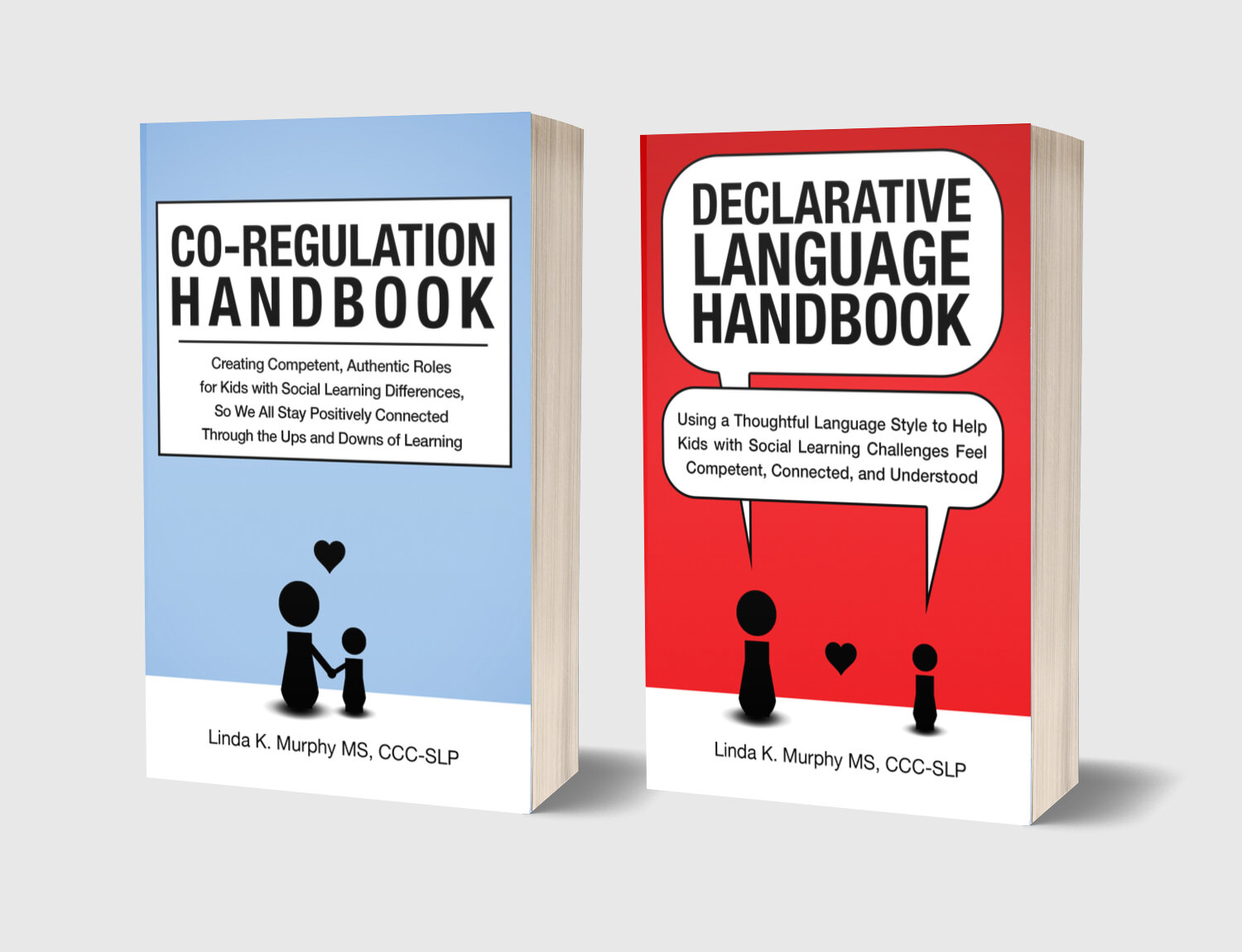Checkers!
My 9-year-old son Desmond dives deep into topics of interest that change every few months. I truly love this about him and how it provides me opportunities to learn about things that I may not have given much thought to. Over the past two years, for example, I have learned about Hot Wheels – i.e., the names of individual cars like Crescendo and Carbide, “Treasure Hunts” & the complexity of track building, about Axolotls - what might be needed if a family were to adopt this aquatic salamander, their ability to regenerate limbs & they’re preference to live among other axolotls, and about the mobs and worlds of Minecraft.
Most recently, Des has become interested in checkers! His new dedication has led him to set his alarm on school day mornings, so that we have time for a match before breakfast. I’m SO in!
I used to play checkers almost every day with my grandfather growing up. In addition to fond memories, there is a whole lot more to checkers that I LOVE. The game offers so many social learning opportunities (all of which can be supported with declarative language and co-regulation - hooray!).
Here are 6 examples of these social learning areas, and DL statements you can use to model your own thinking while playing, or to guide your child’s attention and personal discoveries!
1. Future thinking (i.e., What would happen if I did this…?)
“Hmmm…I’m wondering what might happen if I move my checker here.”
“I’m thinking about what might happen if you make that move…Maybe you want to take another look. “
2. Thinking in alternatives and possibilities (i.e., I could do this…..OR I could do that…)
“I’m trying to decide what to do next. I could go here, but I could also go here. Hmmm…”
“Nice move…. You’ve trapped my King! I’m thinking through my options or ways that I can get out of this.”
3. Perspective taking (i.e., What is my opponent planning or thinking about?)
“There’s a reason I made this move. I’m wondering if you could figure out what I am planning next…”
“Huh! That move of yours surprised me! I can tell you have a plan.”
4. Resilience and Persistence (i.e., You can recover after making a few small mistakes!)
“Wow! You have really made a come back after I made that double jump.”
“I love how you are persisting, even though I just captured your checker!“
5. Seeing the big picture (i.e., What is the overall impact of this one move, right now?)
“If I jump you now, that means I’ll leave one of my end spaces free for you to get a King. I’m trying to decide if it’s worth it.”
“I could capture this one checker of yours, but that will mean you get a triple jump! Not a good move for me then.”
6. Managing impulses (i.e., I should double check this is a good move before doing it.)
“I am going to put my finger on this checker and look all around the board before moving it. I want to make sure I’m not missing anything!”
“Ooof! I just realized I made a mistake. Would it be okay if I had a do-over for that move?”
If your child does not yet know how to play checkers, this is okay! Support their learning by adjusting complexity as needed (Ch. 7 of Co-Regulation Handbook), or by creating authentic partnerships within the game (Ch. 11 of Co-Regulation Handbook – Approaching Competitive Games). For example:
Reduce the number of checkers on the board – i.e., maybe start with just a few checkers, or place only the first row. Practice at that level, and add more checkers as your child is ready.
“Let’s team up to beat Dad!” or “I know – let’s do a Kids vs. Grown-ups round!“
So - as you can - give checkers a try with a new lens! And grab Co-Regulation Handbook to help you hang in there through the ups and downs while your child learns. (And, in a future post, I’ll be sure to fill you in on Chess – a game my other grandfather taught me – through a similar lens!).
Have a great week!
-------------------------------------------------
If you like my Sunday Snippets of Support, you can receive them directly to your inbox here.

